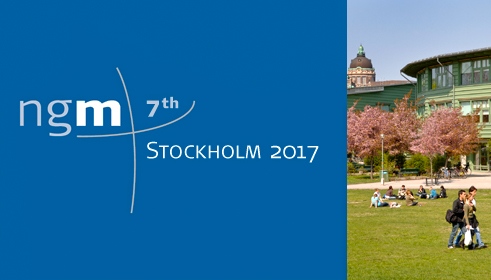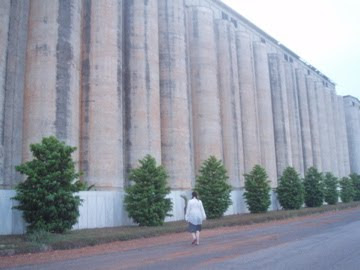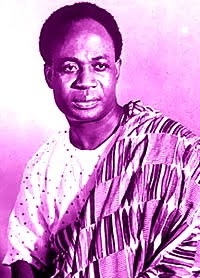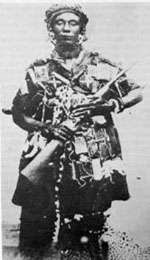
On Sunday, I’ll be in Stockholm for the 7th Nordic Geographers’ Meeting. I am excited to be presenting my work to a completely new audience – geographers, and a wider audience of social scientists – as I usually meet with Africa scholars or Migration scholars. The theme is “geographies of inequalities” which is almost a perfect topic to capture student migration out of the global South.
At the meeting, I hope to:
- get some new ideas on how to take my work to the next level (Where do I publish? What are others doing on students and migration?) and
- pick up some clues on how I continue to do relevant interdisciplinary research. (What methods should I use? Who can I collaborate with? Who else is interested in my work?)
I’ll be presenting two papers out of my dissertation research for the following two panels:
Session A3: Youth and Inequality: Perceptions, experiences, and aspirations. (PDF details)
Conveners: Prof. Katherine Gough of Loughborough University and Dr. Thilde Langevang of Copenhagen Business School.
Session description
Rising unemployment and sluggish economic growth are widely predicted to further widen income and wealth inequality worldwide. Young people, in particular, are being disproportionately affected with the OECD claiming that youth have replaced the elderly as the group experiencing the greatest risk of income poverty. This has widespread implications for the opportunities and constraints young people face as well as impacting on their aspirations for the future.This session will bring together papers which explore how young people’s lives and aspirations are being influenced by the inequality they experience and imagine both in situ and in far–away places. Papers are welcome from societies across the globe where young people are being affected by real or perceived high levels of inequality. Topics which may be explored in the session include, but are not restricted to, the implications of rising inequality at a range of scales for young people’ perceptions, experiences and aspirations of: Mobility and immobility /Education and skills training/ Work experiences and job prospects/? Housing and home
Here my paper “Migration aspirations among university students in Ghana” will discuss my choices to focus on university students and not youth in general as well as aspirations and intentions and not migration per se . I also will share some results from the survey I did with university students in Ghana, in particular looking at social backgrounds of students and their view of migration. (20/6/17 1.15-3.00 pm. Room: William Olsson, House Y)
Session J7: The Politics of Movement. (PDF details)
Conveners: Dr. Nancy Cook & Prof. David Butz, Brock University.
Session description
The politics of movement – entanglements of power, social inequality and mobilities –– is an abiding preoccupation in social geography and critical mobilities studies. Both scholarly fields identify mobility as a fundamental structuring dimension of social life. They also demonstrate that the capacity for movement under conditions of one’s choosing is a valuable resource that is unequally distributed in social contexts structured by hierarchies of power. In other words, movement is socially differentiated; it reflects and reinforces structures of power to configure inequitable social hierarchies. Critical geographers and mobility scholars are tracing the ways in which relations of gender, race, class, sexuality and citizenship shape discourses and practices of mobility that produce beneficial movement for some people and too little or too much movement for others.
For this session, I will discuss some thoughts around what a global South student really is in relation to mobility in my paper “Conceptualizing academic mobility and mobility exclusions from a global South student perspective”. Based on the data I collected for my dissertation research I will suggest some trends in the politics of movement from a student point of view. (19/6/17 at 5.15-6.45 pm in Room: U26, House U)
I am also looking forward to keynotes, especially with Dr. Brenda S.A. Yeoh who has a distinct global South perspective in her work and meeting new friends – and at least one old! I want to thank my good friend Michael Boampong who sent me the initial info on this conference, and who is also attending the conference as well as and my department at Ashesi University which made this trip possible.
Hope to meet you at #NGM2017!




